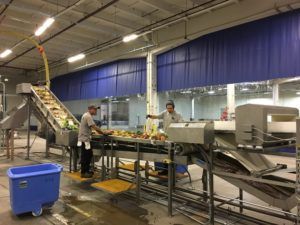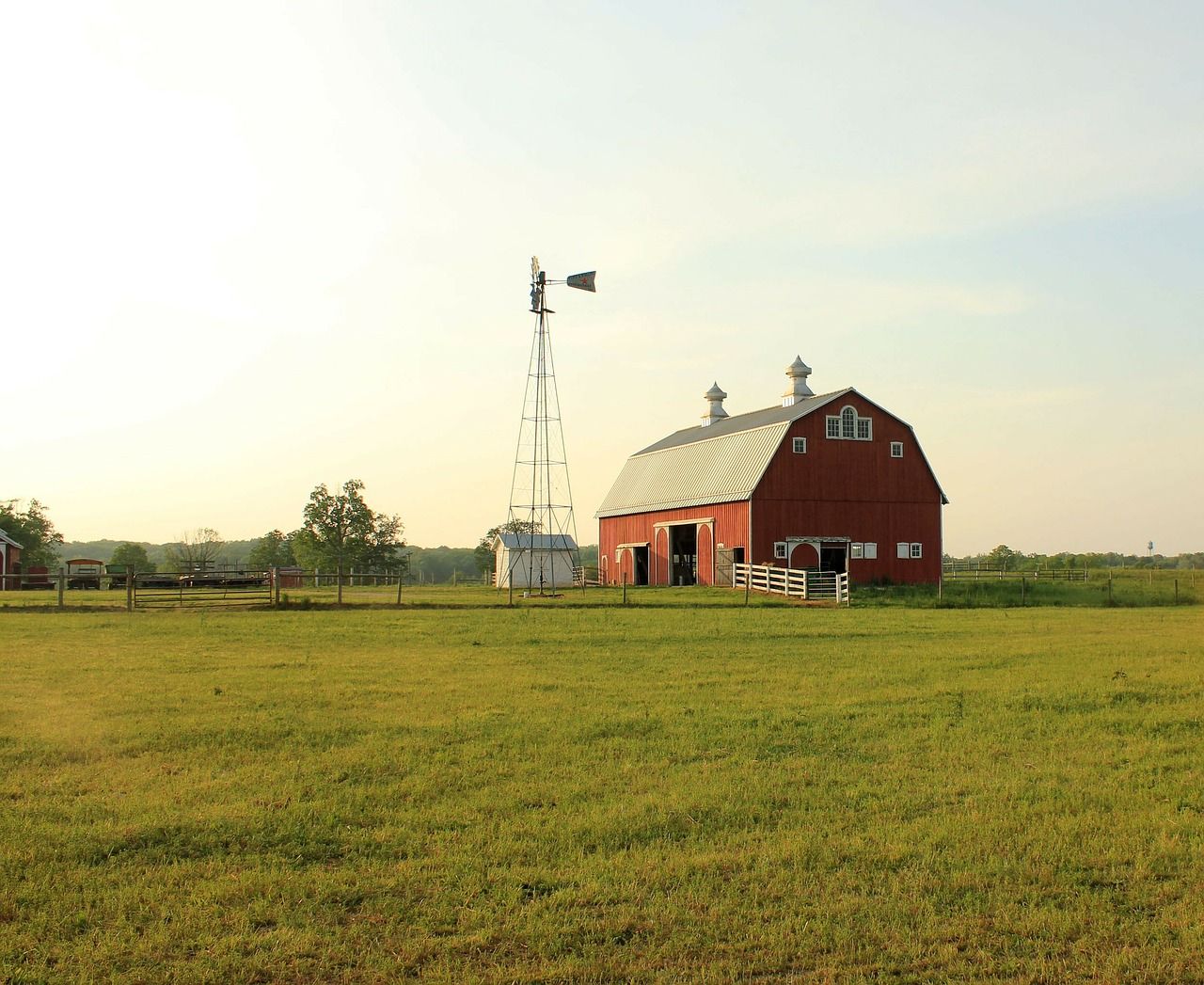California Safe Soil Opens 32,000 ton/year Facility

AgFunder alumnus California Safe Soil has opened a new production facility at McClellan Business Park. This facility will commercialize CSS’s technology to recycle discarded organics into a nutrient-rich liquid fertilizer and feed for agricultural use. Save Mart Supermarkets, Nugget Markets, and Sacramento’s new Golden 1 Center have already signed on as contributors of discarded food. For the past four years, CSS has operated a pilot-scale plant in West Sacramento to prove its patented technology. The speakers included California Assemblymember Kevin McCarty, who is leading the charge on food waste recycling; California Deputy Secretary of Food and Agriculture Jenny Lester Moffitt (who also runs the HealthySoils program); and UC Davis College of Agriculture Dean Helene Dillard. The company’s fertilizer product, Harvest-to-Harvest, involves a 3-hour process using heat, mechanical action, and food grade enzymes to recycle food into fertilizer, which farmers can then apply to their fields, to stimulate life in the soil and grow the next crop.
US Farmland Prices Fall for the First Time in 6 Years
Agrimoney.com reported this week that the prices for farmland in the US have fallen for the first time in six years. The site listed the Corn Belt as being hit the hardest while also noting a depreciation for wheat land as well. Between July and September, US farmland values fell 0.2 percent, representing a marked shift from the 0.7 percent growth during the previous quarter.
Rabobank also released a report this week detailing declines in the price of Californian farmland. From 2010 to 2015, the region’s compound annual growth rate (CAGR) was 18.2%, vastly higher than the CAGR of 5% between 1999 and 2010, according to the American Society of Farm Managers and Rural Appraisers. Tree nuts, which contributed the most to the growth, are now experiencing “significant price declines” and falling walnut prices could drive some land values down 31% in 2016 and 15% in 2017.
“Agricultural land prices are giving back some of their increases, particularly in regions where tree-nut prices have had an impact on previously rising valuations,” said Roland Fumasi, a senior analyst with Rabobank’s FAR unit. “Nut prices have since plummeted from their highs in the past year to 18 months. But California remains among the most productive zones in the world for high-value, specialty crops, so impacted land valuations may rise again later in this decade.”
6 Startups to Compete in Western Growers Innovation Arena
Western Growers has chosen the final six startup companies that will compete for a chance to take advantage of a set of resources to support their growing sustainable agtech businesses. Nearly 50 startup companies applied to compete in this year’s Innovation Arena, more than doubling last year’s total of 20 applicants, reports the West Coast ag organization. After being carefully reviewed by WG’s Food Safety/Science & Technology Subcommittee, six were selected and will now advance to compete at the 91st WG Annual Meeting on November 8, 2016, in Hawaii. Each company will pitch their ideas and technologies to the audience and a panel of agricultural industry leaders. Two winners will be chosen to receive a complimentary one-year membership with Western Growers and an opportunity to work with the WG Center for Innovation & Technology in Salinas, California.
Whole Foods Stock Price Declines on Hepatitis Investigation
The Detroit Health Department reported recently that it is investigating two cases of hepatitis A that could be linked to Whole Foods Market store locations in the region, Bloomberg reported. One of the cases involves a store employee who works in the prepared foods section, while the other case involves a shopper who reported purchasing goods from that section of the Mack Avenue location. News of the investigation and potential outbreak link sent Whole Foods’ stock plummeting last week, adding further pressure to the national health food store’s stock after losing market share to other mainstream supermarkets.
Morgan Stanley in Line for Record $120m Fee from Monsanto
Financial services giant Morgan Stanley is scheduled to have one sweet pay day for its work involving Bayer’s purchase of Monsanto. As part of the deal, the company will receive $120 million for its working advising Monsanto on whether to accept Bayer’s takeover bid, according to the Financial Times. Initially, Bayer offered $122 per share and Monsanto dickered the deal up to $128 per share. Monsanto won’t receive any of the cash, however, until the duo completes the takeover.
Cofco Meat Seeking $333m in Hong Kong IPO
Chinese pork producer Cofco Meat is looking to drum up $333 million through an IPO. Partially owned by private equity giant KKR, the state-backed outfit will offer 975.6 million shares at prices between HK$2 to HK$2.65. So far, Haier Group has signed on for $57.4 million worth of shares, making it the largest foundational backer in the IPO, Bloomberg reported. According to some reports, investors are slowly making their way back into China’s food sector after a series of food safety incidents caused some concerns.
Coalition of Ag Groups Openly Criticize Dannon’s Decision to Remove GMO Ingredients
A number of US farm groups and associations spoke out against yogurt maker Dannon’s recent decision to stop using GMO ingredients in its products. The announcement came as part of the company’s dedication to foster a sustainable food system. The farm groups penned an open letter to Dannon referring to Dannon’s decision as “marketing flimflam” and characterizing it as a “major step backward.” Some big names signed the letter, including the American Farm Bureau Federation, American Corn Growers Association, and the US Farmers and Ranchers Alliance, among others.
What’s in a Name? A Lot When it Comes to the EU’s Food Name System Apparently
Food product names that include a geographic region, like Vermont Maple Syrup, are subject to strict regulation by the USDA and FDA. Only products that actually originate from the region are allowed to bear the corresponding moniker. Now, the European Union has asked US regulators to expand these geographic indicator regulations to encompass cheeses from unique regions of Europe. The US dairy sector is balking at the thought, especially after commissioning a study that looked at what impact extending geographic labelling protection to European counterpart products would have. The industry is urging regulators to maintain the current scheme that allows dairy companies to treat labels like asiago, parmesan, and feta as common names that anyone can use.
Other News That’s Fit to Chew
- Food Action Policy has revealed its latest scorecard rating how different legislators have voted—or failed to vote—on food policy issues.
- Target could be testing out vertical farms at certain store locations as soon as Spring 2017, reports EcoWatch.
- Pepsi wants to make big changes to its soda recipes, on TheStreet.
- China is increasing its openness to GMO crops, but some citizens are worried the switch will lead to eight-legged chickens and other biotech boogeymen, on NYT.





